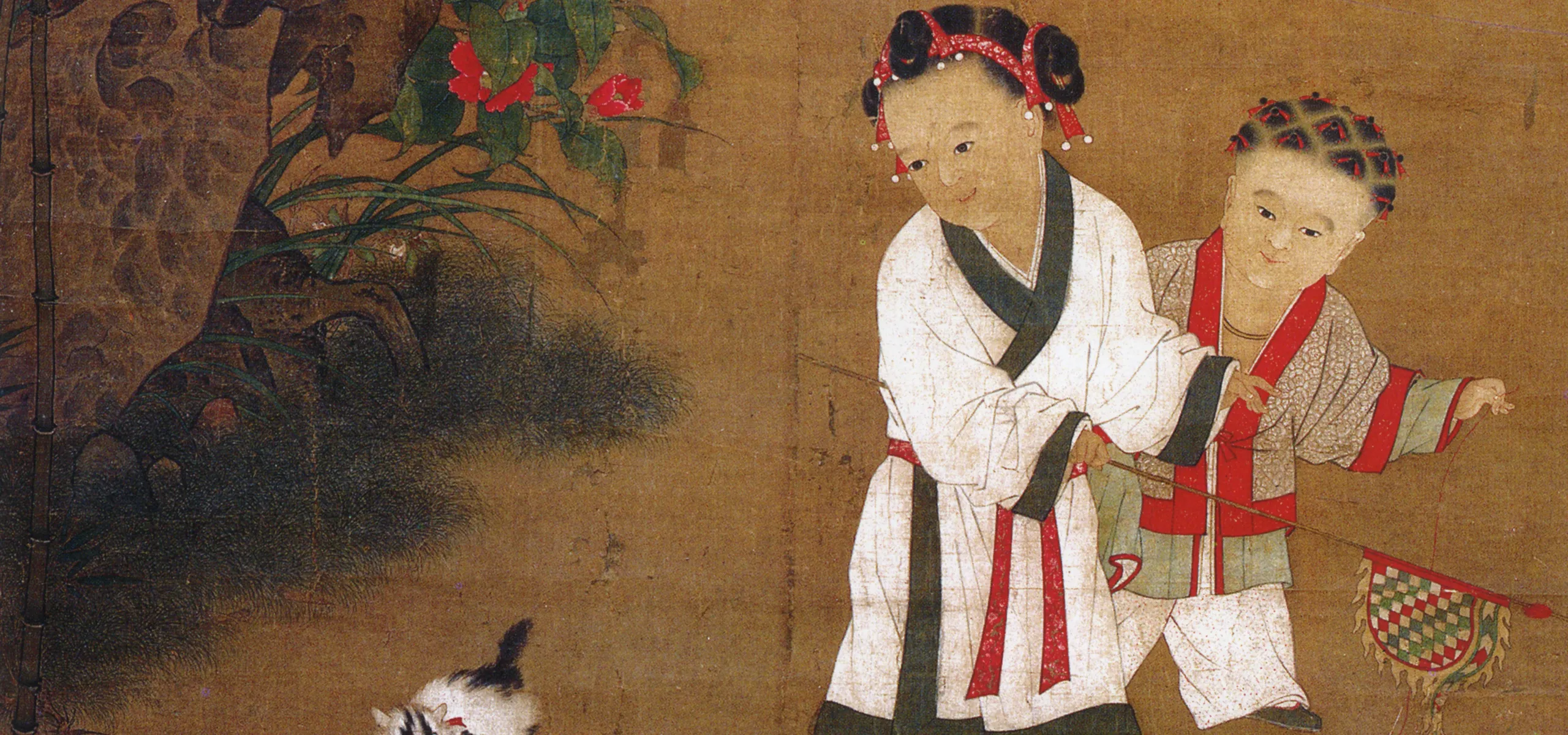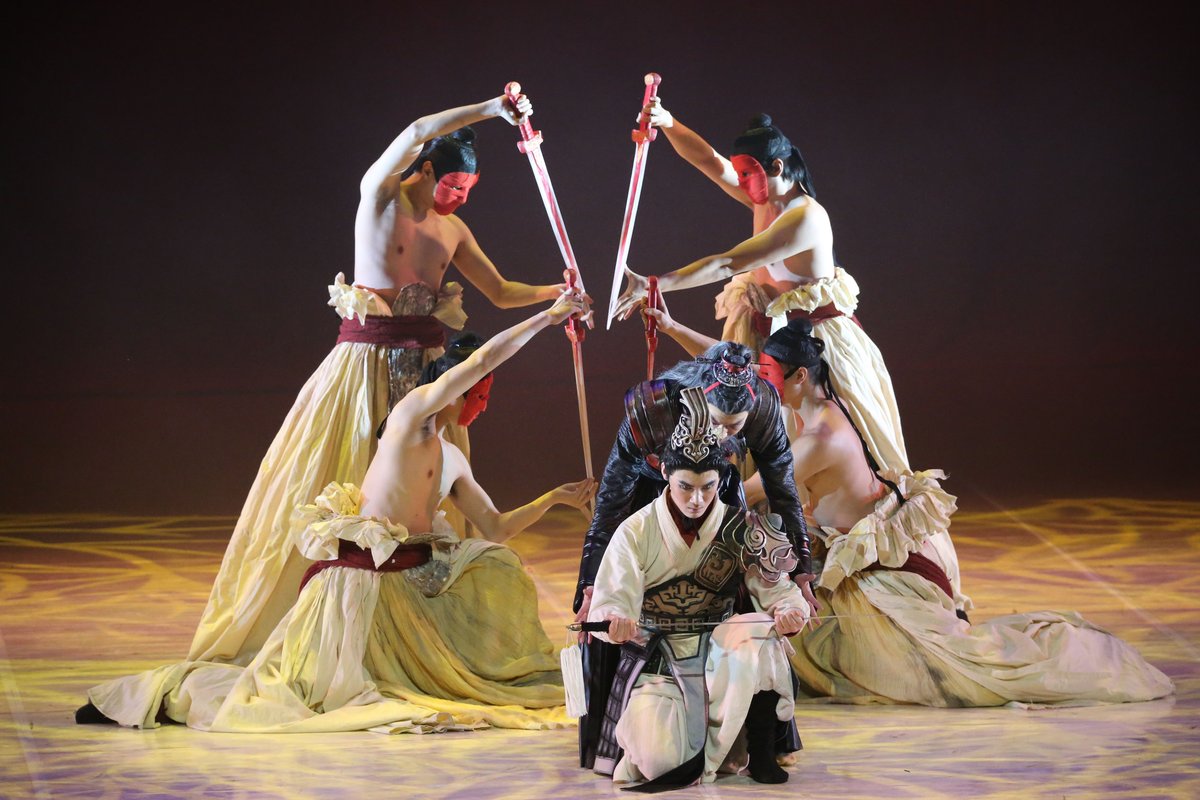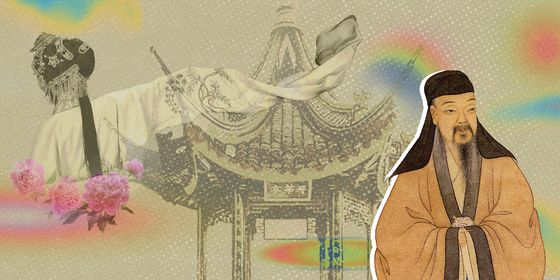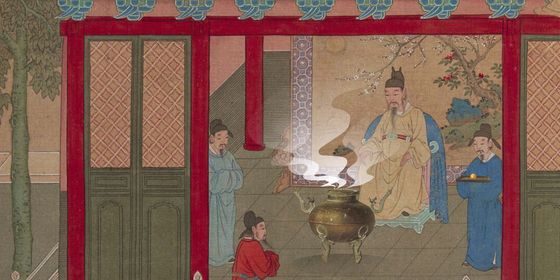How were children without parents treated in ancient history?
“While my parents lived, I rode in a carriage pulled by four steeds; after they passed, I served my brother and his wife’s needs,” goes the second line of a poem called “Orphan’s Journey (《孤儿行》)” by an anonymous author from the Han dynasty (206 BCE – 220 CE). A well-known description of the ordeal of orphans in ancient China, the rest of the poem goes on to describe the narrator’s grief and despair at losing his parents in a society where a person’s lineage was often the sole guarantee of their wealth and prestige—in this case, he was made a servant in his brother and sister-in-law’s house, tending to their horses and shivering in thin clothes in winter while enduring their harsh scoldings.
While the term 孤儿 (gū’ér) in modern Chinese refers to a person who has lost both parents, in ancient China, the character 孤 can refer either to orphans or to someone who has lost their father only. This was presumably because men, unlike women, controlled their property and could easily remarry, so a fatherless child whose mother was still living wasn’t much better off than a child with no living parents. Caring for the welfare of gu’er was a priority for many rulers of the realm, as the majority of orphans were created by war and famine—matters that are very much concerns of the state, and could lead to social unrest should the ruler fail to take responsibility.
Though adoption has existed in China since prehistoric times, and has included the adoption of heirs from branch members of one’s clan who are not necessarily orphans, the Han dynasty appears to be the first to have codified rules for adopting parentless children. According to the Han’s “Household Law (《户律》),” families with no children can adopt gu’er under age 14 who have lost one parent, or gu’er without either parent under age 18. Once the adopted orphan reaches adulthood, they are responsible for taking care of their adoptive parents in their old age, and can be punished if they neglect this filial duty. These laws were further refined in the Tang (618 – 907) and Song (960 – 1279) dynasties. Tang laws, for example, restricted adoption between different classes of society, while the Song specified that those wishing to adopt children to be heirs to their property must be childless and above 40 years of age, and must choose an heir from a family of an equal class to themselves.
Most of these laws implied that gu’er were typically adopted by their extended family, and several famous figures from Chinese history were raised by their relatives: including Confucius, whose maternal grandfather supported him and his mother after he lost his father at age 3; and the strategist Zhuge Liang (诸葛亮), who was taken in by his uncle after losing his mother at age 6 and his father at age 9.
When family members were not available, which was often the case after catastrophic events like famine, natural disasters, and war, other organizations had to step up to care for orphans and abandoned children. The first state-run orphanage recorded in Chinese history was founded by Emperor Wu, the Buddhist ruler of the Liang state, in 521 in present-day Nanjing. Known as a guduyuan (孤独园), this orphanage cared for both children without parents and elderly people without children, providing them with food and clothing, as well as funerary rites for the elders after they passed away.
During the Song dynasty in 1164, Zheng Zuoxiao (郑作萧), chief of the Wuxing prefecture (today’s Huzhou, Zhejiang province), set up a relief bureau for children orphaned during a famine. The orphans were given wet nurses and money to cover their medical expenses, and government officials were periodically sent to make sure they were not mistreated. Families willing to adopt these orphans were also given subsidies. In 1247, Emperor Lizong of Song set up a “Benevolence for the Young Bureau (慈幼局)” in his capital, Lin’an (today’s Hangzhou), that provided wet nurses for orphaned children and allowed childless families to come and adopt them. The emperor later ordered every prefecture in the realm to follow Lin’an’s example, though it’s unclear how many of these bureaus were ultimately set up.
Buddhist temples also frequently found themselves caring for orphans, and often ran homes apart from the monastery to care for the orphaned, widowed, and poor. Two historical figures who grew up in temples were the monk Xuanzang, who joined a monastery after losing his parents at age 10 and later became renowned for journeying west to search for Buddhist texts from India; and Zhu Yuanzhang (朱元璋), the founding emperor of the Ming dynasty (1368 – 1644), who became a novice at a Buddhist monastery after losing his whole family except one brother in a famine when he was a child.
In the Book of Rites, a compilation of essays about Confucian etiquette authored during the Han dynasty, an ideal society is described as one that “provides a resting place for elders, a purpose for those in their prime, nurturing to the young, and care for the widowed, orphaned, disabled, and others in pitiable circumstances.” Accordingly, many emperors took the welfare of orphans seriously. Online sources in Chinese claim that historical records show at least 40 instances of benevolence to orphans from the state during the Western Han dynasty (206 BCE – 25 CE) and 30 during the Eastern Han dynasty (25 – 220), when resources were more scarce. For example, according to the Records of the Grand Historian by Sima Qian (司马迁), when Emperor Wen of Han named the mother of his heir as Empress in 178 CE, he marked the occasion by giving gifts of textiles, rice, and meat to all the poor in the realm, the elderly over the age of 80, and orphans under the age of 9.
There was one special category of orphans during the Han, known as the “Yulin orphans (羽林孤儿),” who were children of soldiers in the imperial guard who lost their lives defending the realm. Set up during the reign of Emperor Wu, this category of orphans received better treatment from the state than regular orphans: getting regular provisions and gifts throughout the year, as well as education and military training. They could also inherit their father’s military honors and titles. In exchange for this beneficence, the Yulin orphans functioned as a sort of reserve army, and are mentioned in historical records as having fought on the front lines of the Qiang uprising in 61 BCE as well as many engagements on the empire’s frontiers well into the Eastern Han period.
Just as fairy tales and literature in the Western canon contain a disproportionate number of orphaned characters—perhaps because a lack of parents made their zanier adventures more plausible—so do many Chinese legends, literary works, and tales about historical figures feature protagonists who’ve lost one or both parents. This typically served to highlight the hardship these protagonists experienced as children, as well as free them to pursue their destiny without filial burdens at home.
Probably the most famous orphan in Chinese literature is Zhao Wu (赵武), the titular character of the 13th century play The Orphan of Zhao (《赵氏孤儿》) attributed to the playwright Ji Junxiang (纪君祥). Based on Sima Qian’s account of a real massacre of a clan called Zhao in the fifth century BCE, the play follows an infant who was the sole survivor of the massacre as he grows up, discovers his origins, and plots to assassinate the general who masterminded his family’s tragedy—who also happens to be his adoptive father. This tale of torn loyalties and revenge, often compared to Shakespeare‘s Hamlet, became the first Chinese play to be translated into a European language when the Jesuit priest Joseph de Prémare produced a French version in 1731.
The play became wildly popular in Europe, where chinoiserie (Chinese-inspired art) was in vogue at the time. De Prémare’s translation was translated into English and adapted by several other playwrights, including Voltaire. In 2010, the story was given the blockbuster treatment by Chen Kaige’s film Sacrifice. The Chinese title kept the play’s original title, The Orphan of Zhao.













